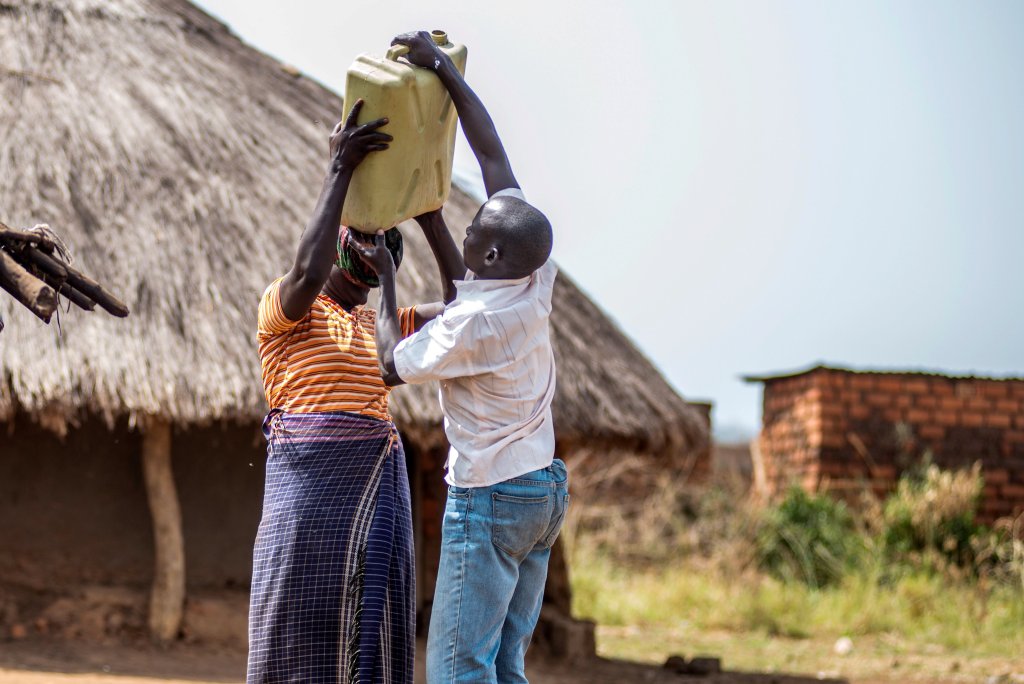(Kampala) – The Ministry of Gender and Cultural Affairs has called on the government to formally recognize unpaid care work in Uganda’s national plans and budgets, highlighting its critical role in society.
Care work, which includes looking after children, the elderly, the sick, and those living with disabilities, as well as cooking and household chores, is largely unrecognized in Uganda despite its significant social and economic contributions. Minister of State for Gender and Culture, Peace Regis Mutuuzo, emphasized that this work, often done by women, sustains families, communities, and the economy. She urged the government to include unpaid care work in national planning and financial allocations.
During a ceremony on October 29, 2024, to mark the International Day of Care and Support, held at Royal Suites in Kampala, Mutuuzo remarked that Uganda’s patriarchal norms continue to define women as caregivers and men as protectors, perpetuating gender-based inequalities in care work. She advocated for policies that address these norms and support women who often bear heavy care responsibilities in addition to other family roles.
Mutuuzo also questioned Uganda’s reliance on GDP as the sole indicator of economic progress, noting that it fails to account for the unpaid care work that effectively subsidizes the market economy.
| Care Work Types | Examples |
|---|---|
| Childcare | Feeding, bathing, teaching |
| Elder and Disability Care | Health monitoring, assistance |
| Household Management | Cleaning, cooking, shopping |
| Community and Emotional Support | Counseling, companionship |
At the event, attended by representatives from various organizations, Mutuuzo awarded Sanyu Babies’ Home Director Barbara Nankya Mutagubya in recognition of her organization’s care work. Mutagubya stressed the need for government support for charities caring for abandoned and vulnerable children, as they often struggle to meet needs due to limited funding. She noted that financial support from the government would greatly help these organizations manage their expenses for food, healthcare, and other essentials.
Kenya, Venezuela, and India are among the few countries worldwide that have acknowledged unpaid care work in their policies. In Kenya, a 2021 High Court ruling acknowledged housework as a full time, valuable job deserving of compensation. Venezuela, since 2007, has also provided financial support to housewives, recognizing their household contributions as economic activities.
Uganda’s Ministry of Gender, Labour, and Social Development is now urging other government departments and policymakers to consider similar reforms, aligning with the United Nations Sustainable Development Goal 5, which promotes the valuation of unpaid care work.




















